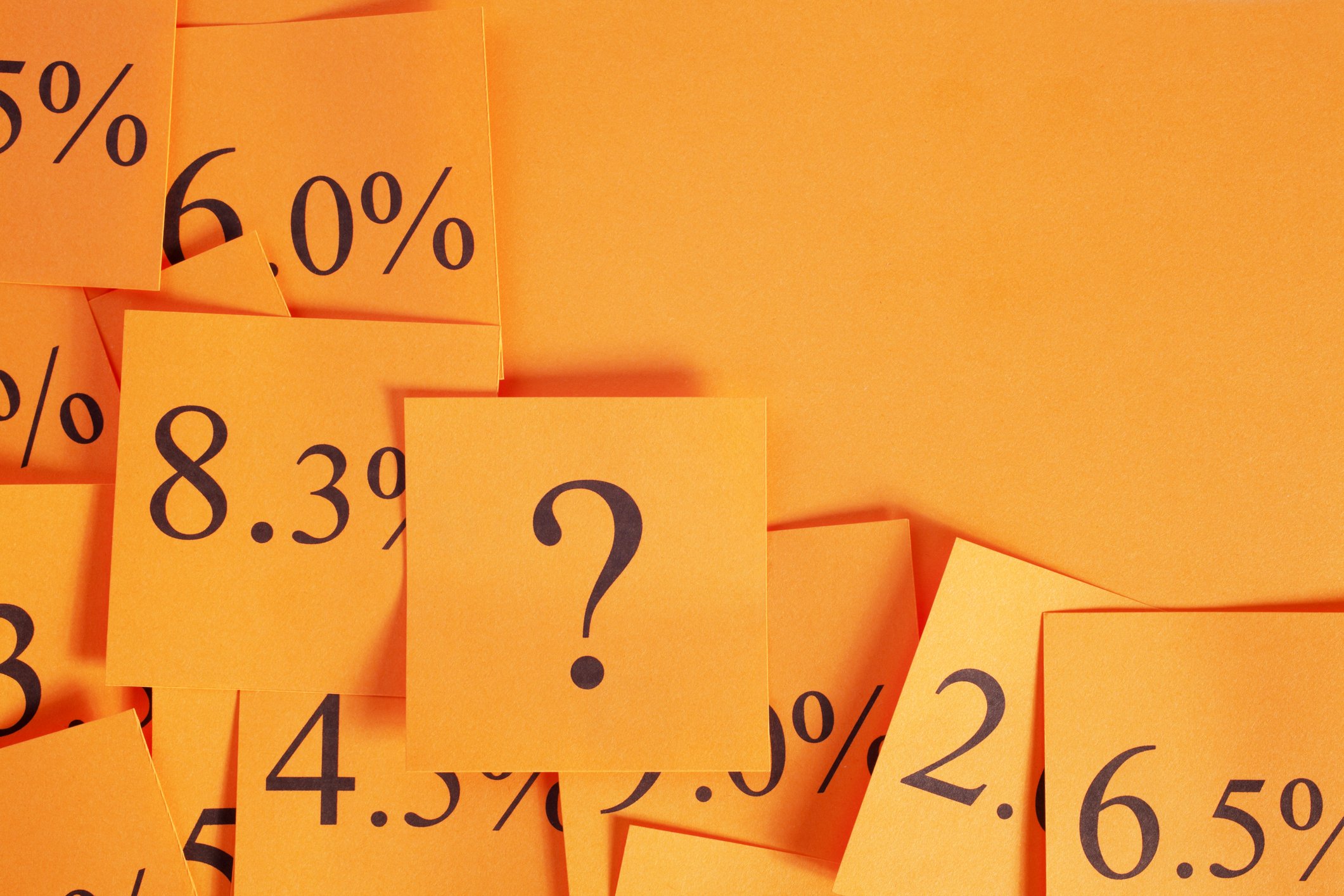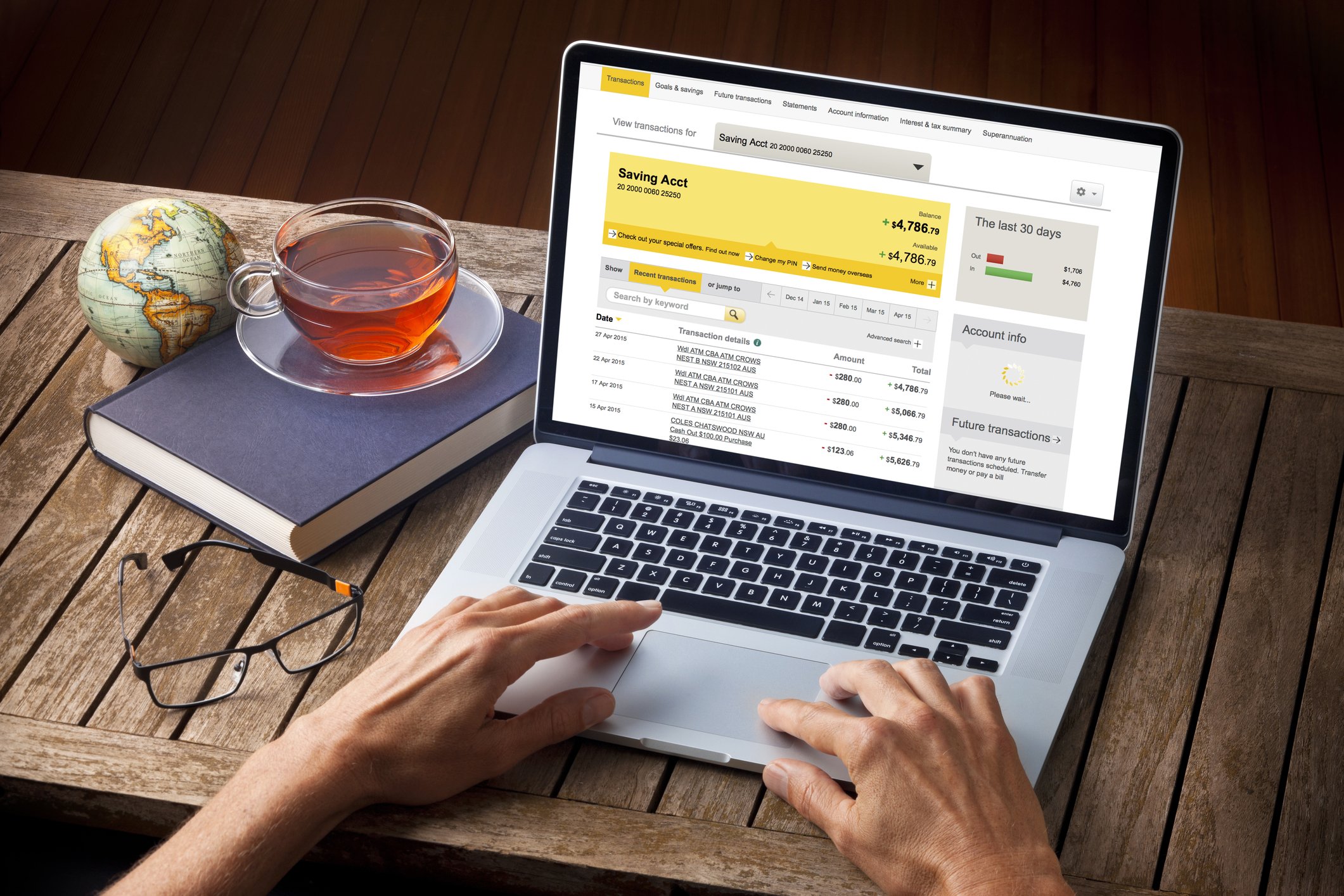Don’t Borrow Trouble: Smart Ways to Avoid Debt
Debt sounds like something adults deal with—but it can sneak up on anyone, fast. One minute you’re swiping a card or clicking “buy now, pay later,” and the next, you’re stuck owing more than you expected. The truth is, borrowing money can feel easy in the moment, but paying it back isn’t always so simple. The good news? You can avoid a lot of stress by learning how to stay in control early on.
This post breaks down smart, simple ways to dodge debt and make sure your money choices don’t come back to bite you later.
Know What Debt Really Is
Debt means you owe money—usually with interest. That means if you borrow £100, you’ll likely have to pay back more than £100. Credit cards, loans, buy-now-pay-later offers—they can all lead to debt if you’re not careful. It’s not free money. It’s future stress, unless you handle it right.
Bottom line: If you have to borrow money to afford something, ask yourself if you really need it right now.
Don’t Spend Money You Don’t Have
It sounds obvious, but it’s where a lot of people mess up. They buy now and hope to figure it out later. That’s how debt starts. If you wouldn’t hand over cash for it today, don’t swipe, click, or borrow for it either.
Ask yourself: If I didn’t have access to this payment plan, would I still buy it?
Watch Out For “Buy Now, Pay Later”
BNPL services like Klarna, Afterpay, and others are everywhere. They make it sound easy—four small payments, no big deal. But if you miss one, you get hit with fees. And if you stack too many plans, it’s easy to lose track and fall behind.
Tip: Use these tools only if you already have the money set aside and you’re using the plan for convenience—not because you’re broke now and hoping to catch up later.
Understand Credit Cards (Before Your Use One)
Credit cards can help build credit, but only if you use them right. That means paying off the full balance every month—no carrying debt, no just paying the minimum.
Mistake to avoid: Thinking the credit limit is your money. It’s not. It’s the bank’s money—and they’ll charge you extra for borrowing it too long.
Don’t Borrow From Friends Of Family (Unless Necessary)
Mixing money and relationships can get awkward fast. If you borrow £20 and forget to pay it back—or avoid paying it back—you’re not just in debt, you’re damaging trust.
Better idea: Be honest about what you can afford. Most people respect that more than getting ghosted over money.
Build A Buffer
Having a small stash of savings—even just £50 or £100—can keep you from having to borrow when something unexpected comes up. Start putting away a little from anything you earn. That way, you’re ready when life throws a surprise your way.
Think of it like this: Your future self will thank you for not being broke and panicking.
Final Thought
Debt can feel invisible until it’s dragging you down—but it doesn’t have to be your story. By staying aware, spending within your limits, and planning ahead, you can keep your money under control instead of letting it control you.
You don’t need to be rich to stay debt-free. You just need to be smart, now—not later.
Money Saving Expert is a journalistic website that aims to provide the best MoneySaving guides, tips, tools and techniques for people of all ages.















